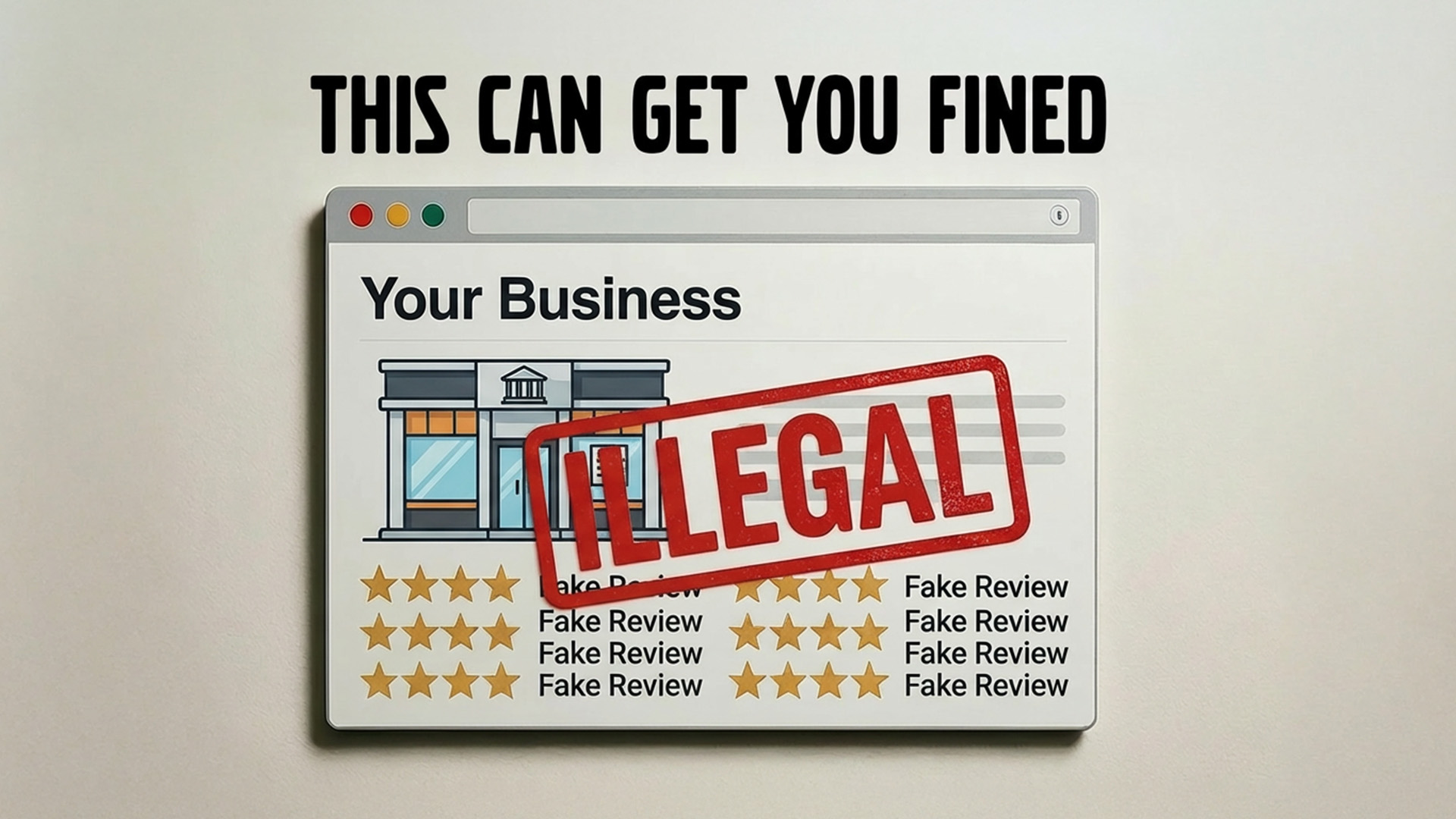If your business relies on local customers or foot traffic, your biggest threat isn’t your competitors, it’s invisibility.
That’s because Google is quietly filtering out low-trust businesses from search results. Any search using qualifiers like “best,” “top-rated,” “highest reviewed,” or “most popular” is now effectively a trust filter.
Google’s algorithm (powered by advanced AI and behavioral signals) is designed to connect users with businesses that demonstrate credibility. And the easiest, most measurable way for Google to do that is through reviews.
Trust Is the New SEO
Five years ago, a business could rank in local search with decent content, basic SEO, and a couple dozen reviews. Not anymore. Today, Google prioritizes businesses that have consistent, authentic, and recent feedback from real customers. It’s measuring:
- How many reviews you have
- How recently they were posted
 Your average rating
Your average rating- How often you respond
- Whether your reputation is consistent across multiple platforms
This isn’t random, it’s Google’s way of protecting its users. If people are searching for the “best” or “most trusted” option, the algorithm wants to ensure they actually find one.
The Map Pack: Visibility or Obscurity
The Google Map Pack (those top three local results) has become the lifeblood of local visibility. When someone searches for “best dentist near me,” “trusted auto repair,” or “top-rated realtor,” the top three results get nearly all the clicks, calls, and directions.

Falling out of that Map Pack isn’t just an SEO problem, it’s a business problem. It’s the difference between steady leads and silence. Google’s logic is simple: if your reviews are inconsistent or sparse, you’re not a “safe bet.” So the system quietly pushes you down the list.
How to Rebuild Trust in Google’s Eyes

The good news? You can control your trust signals, but it takes intentional effort. Start by making reviews a core part of your customer experience.
- Ask every satisfied customer for feedback.
- Automate review requests through your CRM or scheduling software.
- Add on-site touchpoints like QR codes, email follow-ups, or text prompts to make leaving a review effortless.
If you’re not actively encouraging feedback, you’re missing your biggest visibility driver.
And don’t stop there, feature those reviews publicly. Add verified customer reviews to your website and aggregate them from sources like Google, Facebook, and industry-specific platforms. Google’s AI looks for patterns across the web, so the more consistent and transparent your reputation is, the more authority it sees in your business.
Why It Matters Now More Than Ever
With AI-driven search assistants like ChatGPT, Gemini, and Copilot now surfacing local results directly in summaries, your public reputation is no longer just a ranking factor, it’s your ticket into AI visibility.

If Google and AI platforms don’t see enough trust signals about your business, you’ll be skipped over in these new “zero-click” search experiences, the ones where customers don’t even visit a website before making a decision.
The Bottom Line
Google isn’t trying to hurt small businesses, it’s protecting its users. But the result is the same: low-trust businesses are being filtered out.
If you depend on local search visibility, reputation management isn’t optional… it’s survival.
Encourage feedback. Automate the process. Feature authentic reviews. Because the businesses Google trusts… are the only ones people will find.

